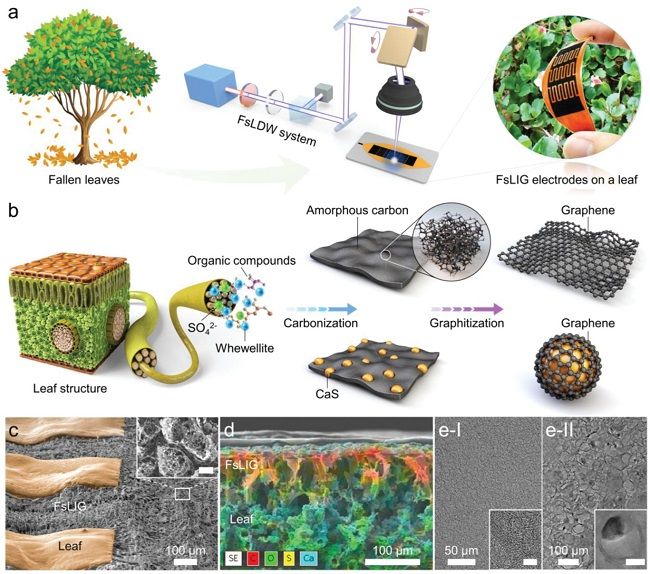What information do consumers need about food supplements?
Within the framework of a BfR research project, communications concepts are being developed for various target groups
Herbal mixtures to combat obesity, protein powder to build muscle, vitamin C to strengthen the immune system - there is a very broad offering of pills, powders and capsules. Consumers generally tend to prescribe themselves vitamins, minerals and plant extracts without consulting a doctor. It is frequently the case that the purchase decision is made irrespective of whether the preparations are food supplements, i.e. foods or over-the-counter medicinal products. Experts suspect that most of the purchasers do not need these products from the medical angle. In some cases there is even a risk of an overdose of specific substances.
"We don’t know what prompts consumers to take supplements or how they find out about the ingredients", says Professor Dr. Dr. Andreas Hensel, President of the Federal Institute for Risk Assessment (BfR). A BfR research project now aims to determine which consumer groups take supplements and similar products. Based on this, specific communication concepts are to be developed on the health benefits and risks of these preparations for the respective groups.
The study entitled “Target group-driven risk communication on supplements” will run up to February 2010 and consists of four phases. Initially, an analysis of the actual situation drawing on various data sources will seek to clarify which consumers use these preparations, for what reasons and their intake of them. Furthermore, it will identify the amount of information consumers seek out on these products and how they go about this. It will focus not only on food supplements but also on over-the-counter medicinal products and dietetic foods which are available in retail outlets, via direct distribution or on the Internet.
The analysis of the actual situation will lead to defined groups of consumers of these products. In a second phase representatives of these groups will discuss their consumption and their information behaviour in four focus groups. The results of the focus groups will be examined and supplemented in the third phase of the project by a representative population survey.
Other news from the department science

Get the chemical industry in your inbox
By submitting this form you agree that LUMITOS AG will send you the newsletter(s) selected above by email. Your data will not be passed on to third parties. Your data will be stored and processed in accordance with our data protection regulations. LUMITOS may contact you by email for the purpose of advertising or market and opinion surveys. You can revoke your consent at any time without giving reasons to LUMITOS AG, Ernst-Augustin-Str. 2, 12489 Berlin, Germany or by e-mail at revoke@lumitos.com with effect for the future. In addition, each email contains a link to unsubscribe from the corresponding newsletter.
Most read news
More news from our other portals
Last viewed contents
Unichem
LGC announces plans to expand forensic services with new facilities to be created in Runcorn, Cheshire
Carnelian_beads
Devgen nv and Dogal A.S. receive regulatory approval for Devgen's nematicide product in Turkey
WACKER to Build New Production Facilities for Dispersions and Polymer Powders in South Korea
European Commission Statement of Objections - Ciba Inc. confirms that it has received a Statement of Objections from the European Commission
LGC and AKOS combine to offer expanded drug development services
European_Gemological_Laboratory_(USA)
BASF raises prices for Neopentylglycol and Trimethylolpropane

Better thermal conductivity by adjusting the arrangement of atoms
Günter_Wirths




























































